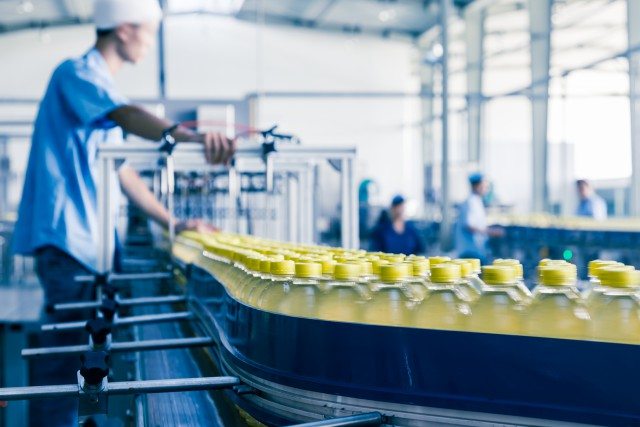Nestlé has created a blueprint for a factory that can be built in half the time of a more traditional one for about 50-60% of the cost.
Alfredo Fenollosa, Technical Head for Asia, Oceania and Africa shares with Food News International the inspiration for and considerations towards the concept.
FNI: What inspired Nestlé to create the blueprint for the modular factory?
Fenollosa: We recognised a need for flexible, fast and functional factories that could be built in challenging environments in the developing world.
FNI: How long did the concept take to be materialized into a blueprint?
Fenollosa: The concept took about six months to be developed into a blueprint, and another two to three months for refining the prototype.
The initial project was given to a young team of engineers from different European countries.
FNI: What challenging conditions did Nestlé consider when designing the blueprint?
Fenollosa: Investing in developing countries can be high-risk, as they can lack infrastructure, reliable energy sources and building expertise.
The modular factory blueprint addresses these challenges, which can be built in about half the time of a more traditional factory, for about 40-50% of the cost.
It will be made of multiple, easy-to assemble component sections that can be brought to the country and put together with ease, enabling the company to overcome the unique challenges of creating a production sites in parts of the developing world.
FNI: What is the expertise needed to build the modular factories?
Fenollosa: The uniqueness of the modular factory concept is the fact that the different component parts are provided by suppliers.
The only expertise required from Nestlé is in putting together and integrating these separate sections to create a complete factory.
We have been working with some suppliers on getting the modules ready and designed according to our specifications.
FNI: Nestlé plans to build these modular factories in developing nations in Africa and Asia in the future. Which countries have you identified to build these factories in the next five years?
Fenollosa: We believe that the modular factory concept could work very well in many sub-Saharan countries – such as Mozambique, Uganda and Tanzania, though there are not, as yet, any immediate plans to build modular factories in these countries.
FNI: Would you think these factories would be the next big thing in the F&B manufacturing scene?
Fenollosa: The modular factory concept does address issues linked to investing in high-risk developing countries including political, economic and geographical challenges.
A modest investment in these factories enables the business to begin to be developed locally, therefore better adapted to the local consumer needs.
FNI: How can these modular factories able to be self-running and self-sufficient?
Fenollosa: The modular factories are not completely self-sufficient, in that they require a supply of utilities such as water and energy.
Once a factory has electricity and steam it is not completely autonomous but can operate with more self-sufficiency.










